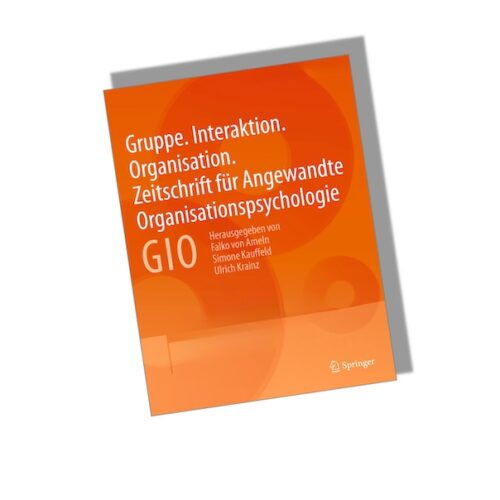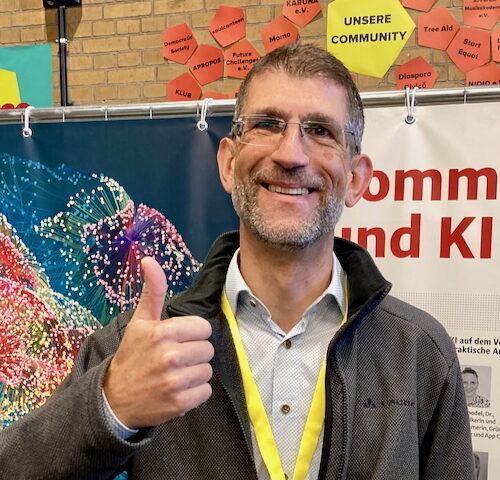AI in Product Development: Communication Instead of Losing Control
Artificial Intelligence is neither dumb nor intelligent – it’s different.
Those who understand this open up new spaces for thinking and new possibilities. Because the core issue isn’t intelligence in the human sense – it’s communication. And that changes everything.
A Shift in Perspective: From Intelligence to Communication
Many discussions about AI remain stuck in comparisons with human intelligence – which leads to a dead end. We get confused when AI gives different answers to the same question. Or when it “hallucinates.” But this is actually part of how communication works. We humans also “hallucinate” in communication – we interpret, speculate, invent meanings that may not (yet) be present in the other person.
If we stop seeing AI as a “super brain” or a threat and start viewing it as a communication system, then our questions shift. We no longer ask, How smart is it? – but rather, How can we communicate with it? What can we create together?
That’s where productive use in the business context begins.
AI as a Partner in Product Development
Product development combines highly structured processes with creative innovation work. Both aspects can be supported by AI – in different ways:
- Automating standard processes: From documentation to testing, many workflows can be accelerated or stabilized through AI.
- Eliminating media breaks: Instead of manually copying information between tools, AI can help harmonize workflows and create smarter data flows.
- Creating space for creativity: The more routine tasks are automated, the more room there is for human creativity, experimentation, and real innovation.
- AI as an idea generator: When used appropriately, AI can offer new perspectives, draw analogies, and combine ideas – thus stimulating the creative process.
In short: AI doesn’t replace – it enables. It complements, provokes, amplifies – if we use it as a partner, not an adversary.
Hybrid Collaboration: Humans Stay in Control
The most effective use of AI is hybrid: we remain responsible, but we use new tools. And these tools become more powerful the better we understand how they communicate – not how intelligent they are.
Because if you still expect AI to behave “consistently” like a machine or “reasonably” like a human, you’re missing the point. AI is a system based on probabilities – not on truth. What matters is dialogue, coupling, co-creation.
We’re having almost the same thoughts and concerns we had with the invention of writing. Take Plato, for example: “We will no longer create anything new, only repeat what is already known,” or “Words in the hands of those who do not understand them,” and my favorite: “The ability to remember will be lost forever” (Talk by Ph.D. Elena Esposito, 11th SWF Forum Berlin – see images below).
Today, we know that we remember more and better because of writing – including Plato himself. It’s not about downplaying the impact of AI or our concerns, but about better understanding our behavior and patterns.
What Now?
Many organizations already have AI tools in place – but don’t know how to put them to effective use. Implementation stops after rollout, never reaching integration into real value creation – or into the hands of those who actually create value.
Do you have an AI tool but no clear idea of how it can truly support your team? Let’s talk.
I’ll help you design a meaningful and pragmatic approach to using AI in your product development – from automating simple processes to fostering real innovative strength within your team.
And the best part: For small and medium-sized enterprises (SMEs), this consulting is eligible for public funding through the BAFA and INQA programs (only German companies). I am officially authorized for both. You can find all information about funding options here: Funding Opportunities for Companies
Better measurable results and more enjoyment at work are not a contradiction – on the contrary!









